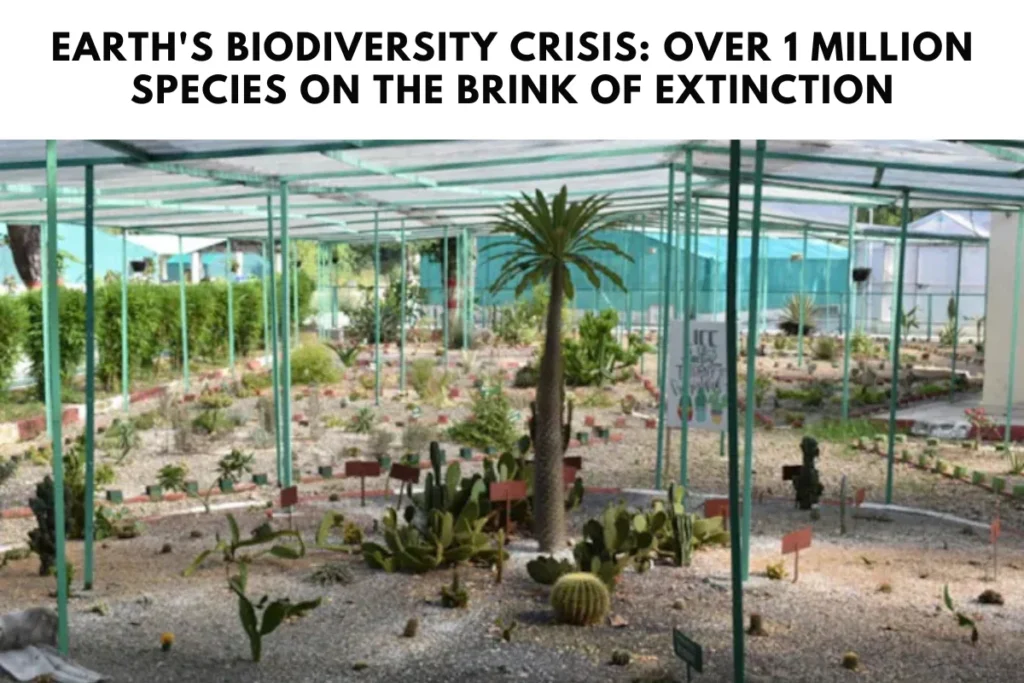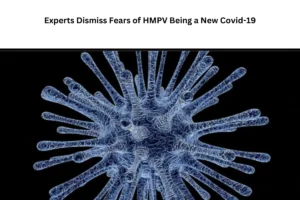
Earth’s Biodiversity Crisis: Over 1 Million Species on the Brink of Extinction
A recent report by the International Union for Conservation of Nature (IUCN) Red List reveals that human actions threaten nearly a quarter of the world’s species with extinction. Conservationists and experts identify human activities as the primary threat to natural resources—land, oceans, and all forms of life, including humanity itself.
Urgent Talks at COP16 Biodiversity Summit
The COP16 biodiversity summit, held in Cali, Colombia, concluded two weeks ago. Delegates assessed progress toward the 23 targets set in Canada two years prior, aiming to halt and reverse natural destruction by 2030. However, many targets remain out of reach as biodiversity loss escalates.
IPBES Findings on Global Degradation
The Intergovernmental Science-Policy Platform on Biodiversity and Ecosystem Services (IPBES) has also raised concerns. The organization, which strengthens the science-policy interface on biodiversity, reported that human activities have devastated a quarter of Earth’s surface and degraded two-thirds of the ocean. Since its founding 12 years ago, IPBES has worked to document these changes and advocate for solutions.
IPBES data indicates that over a third of inland wetlands have disappeared globally from 1970 to 2015—a rate three times faster than forest loss. Additionally, human-induced land degradation is impacting the well-being of at least 3.2 billion people.
Five Human-Caused Drivers of Biodiversity Loss
The United Nations identifies five main causes of the biodiversity crisis, all stemming from human activity and labeled as the “Five Horsemen of the Apocalypse.” After extensive research, experts warn that climate change will likely become the primary driver of biodiversity destruction by 2050.
Immediate global action is essential to prevent further irreversible damage to ecosystems and halt the trajectory of mass extinction.
for more updates follow ANN MEDIA on facebook , X , Instagram and Linkedin







